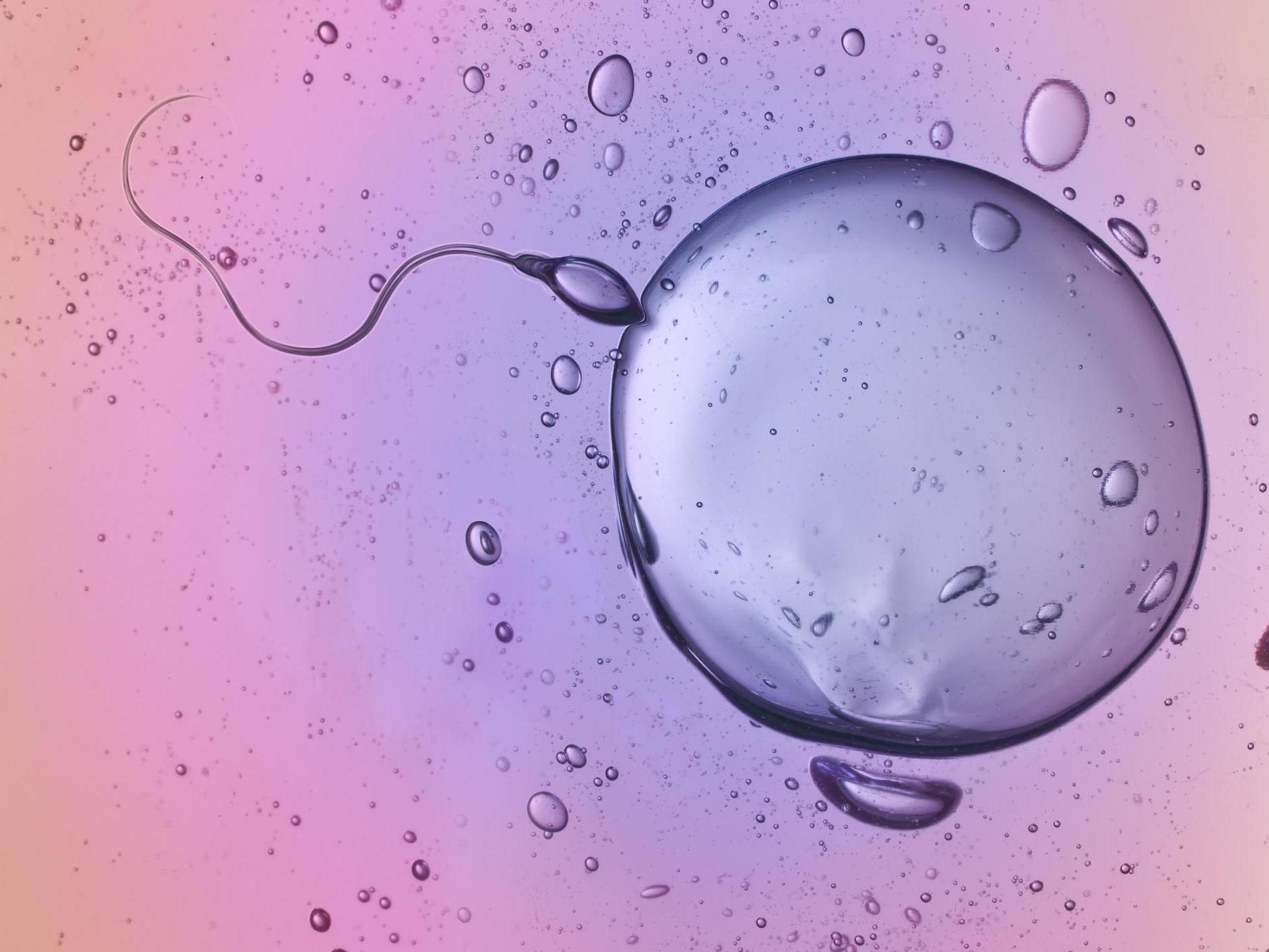Father's faulty sperm an under-recognised factor in repeat miscarriages, study suggests
Scientists overturning traditional assumption that phenomenon is almost exclusively determined by health of female partner

Your support helps us to tell the story
From reproductive rights to climate change to Big Tech, The Independent is on the ground when the story is developing. Whether it's investigating the financials of Elon Musk's pro-Trump PAC or producing our latest documentary, 'The A Word', which shines a light on the American women fighting for reproductive rights, we know how important it is to parse out the facts from the messaging.
At such a critical moment in US history, we need reporters on the ground. Your donation allows us to keep sending journalists to speak to both sides of the story.
The Independent is trusted by Americans across the entire political spectrum. And unlike many other quality news outlets, we choose not to lock Americans out of our reporting and analysis with paywalls. We believe quality journalism should be available to everyone, paid for by those who can afford it.
Your support makes all the difference.Fathers’ faulty sperm could be an underlying cause of repeated miscarriages, which have typically been attributed to health problems with the mother, according to a new study.
Researchers from Imperial College London (ICL) investigating the effects of sperm quality in multiple miscarriages found levels of DNA damage were twice as high in men whose partners had been affected.
Recurrent miscarriage, defined as three or more pregnancies lost before 20 weeks, affects one in 50 couples in the UK but was until recently typically attributed to infections or health problems affecting the mother.
The latest findings, which need to be replicated in larger trials, are now being used to develop drugs which reduce causes of DNA damage and lower chances of miscarriage. More immediately they can be used in fertility assessments to help fathers address lifestyle factors that increase risks of damage and miscarriage.
“We have thought, traditionally, that recurrent miscarriage is the ‘fault’ of the female partner,” the lead author of the study, ICL’s Dr Channa Jayasena, told The Independent.
“It’s a very well-studied subject and there are several diseases in women that can cause recurrent miscarriage.
“By recognising men’s sperm plays a role and understanding how that happens at a molecular level, we can design drugs to actually reduce oxidative stress and reduce DNA damage.
“There are efforts to develop these drugs currently … as well as looking at things in [the men’s] lifestyle – for example being severely obese or having an infection – that could cause this effect.”
Dr Jayasena’s and his team analysed the sperm of 50 men who were enrolled with the recurrent miscarriage clinic at St Mary’s Hospital, London, after their partners suffered miscarriages while trying to conceive naturally and compared them with 60 male volunteers whose partners had no history of miscarriage.
Looking into the DNA damage they suggest it may be caused by elevated levels of molecules found in semen known as “reactive oxygen species” or free radicals.
These molecules play an important role in protecting sperm from infection and bacteria, but in high concentrations they can damage the fragile cells
The study, published in Clinical Chemistry, found oxygen reactive species levels were four times higher in men affected by multiple miscarriage.
As well as developing drugs to reduce these levels the next stage of the investigation is to understand what might cause these elevated levels.
The healthy volunteers in the study had a younger average age than those affected, which is another factor that could be responsible, Dr Jayasena said.
Subscribe to Independent Premium to bookmark this article
Want to bookmark your favourite articles and stories to read or reference later? Start your Independent Premium subscription today.
Join our commenting forum
Join thought-provoking conversations, follow other Independent readers and see their replies
Comments